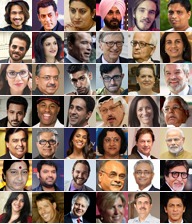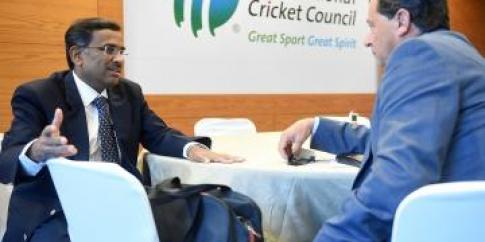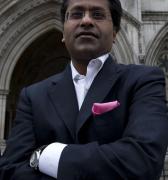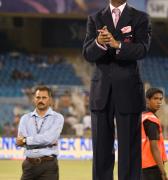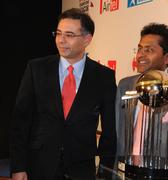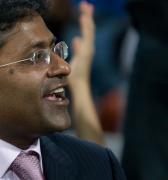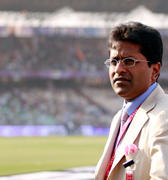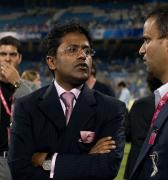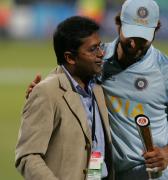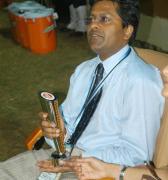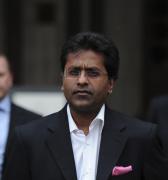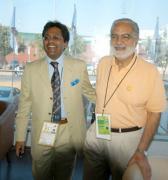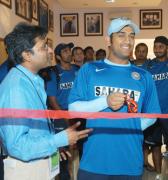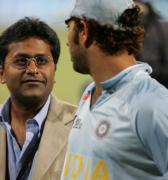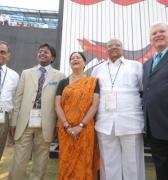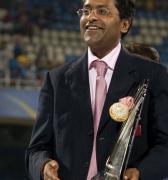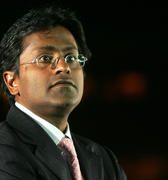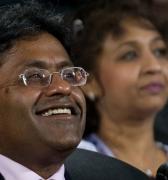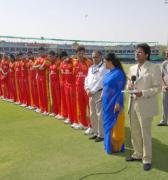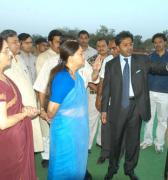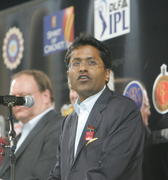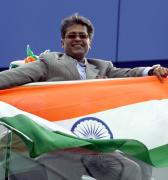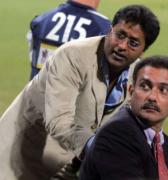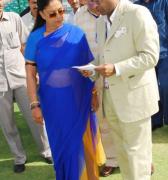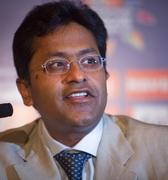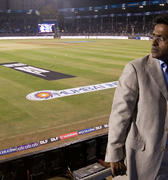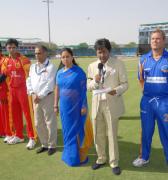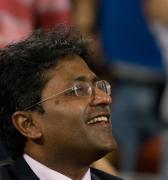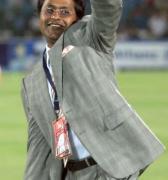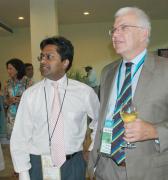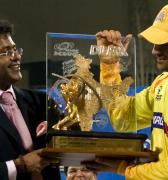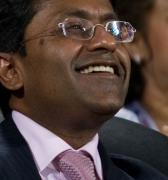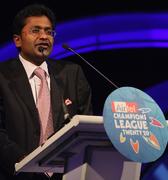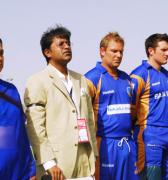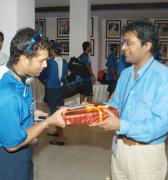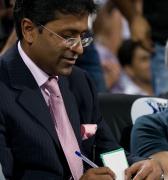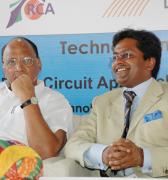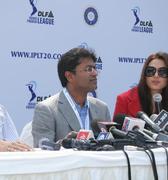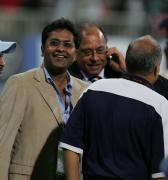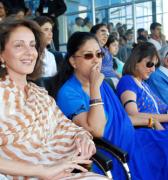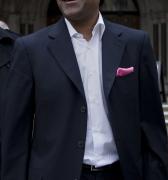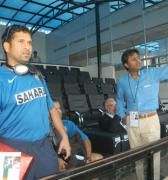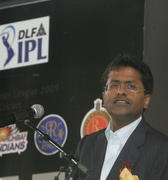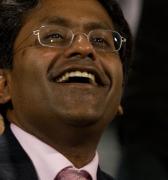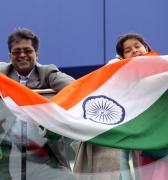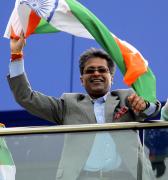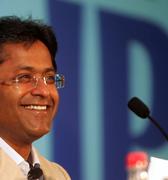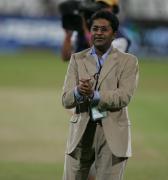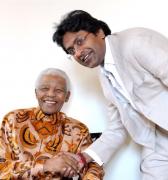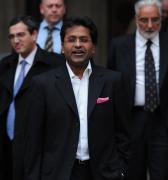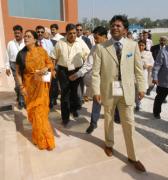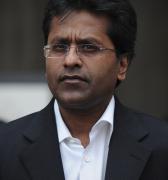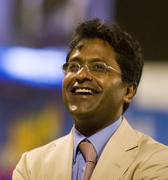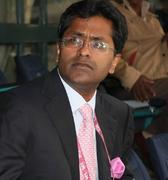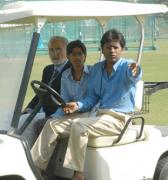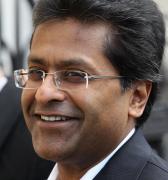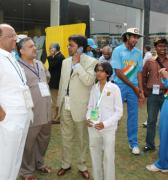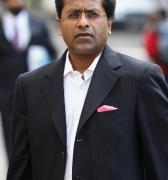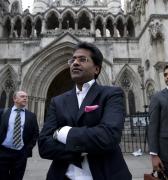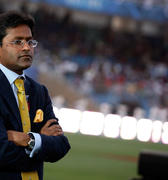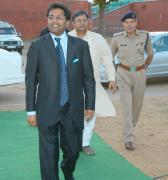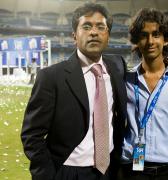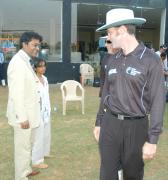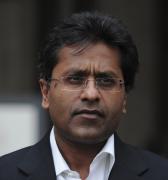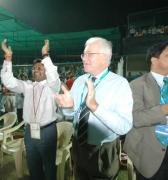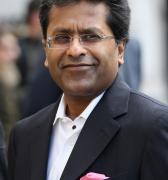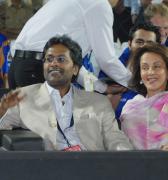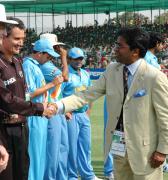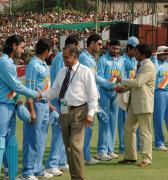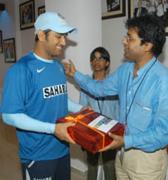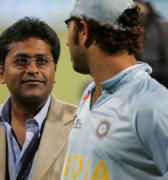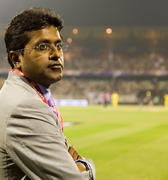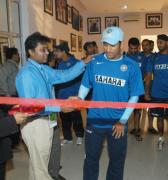Vikram Limaye, a member of the committee of administrators overseeing the BCCI, has said there is a need for greater trust between the Indian board, other member boards, and the ICC. Limaye, who represented the BCCI at the ICC Board meeting in Dubai last week, said it was important for boards to move forward collectively and not carry baggage from the past.
"There is a lot of mistrust between the BCCI and the other members based on historical experiences and on how they feel they have been treated in the past," Limaye told the Hindu. "I outlined my views to the ICC Board members that it is important to adopt a collaborative approach, rather than a confrontational approach, which is not in the interest of anybody: neither does it help Indian cricket nor world cricket.
"Fortunately I don't carry baggage of the past, I have no alignments, I am not here on a permanent basis, I am here to try and do what I have been asked to do. In that context, if I am to build some bridges and sort out some issues, I would do that."
The main sticking point for the BCCI at the meetings was the ICC's push to approve in principle the new constitution and revenue distribution model: the Indian board stood to make significantly less under the new projections. The BCCI voted against the rollback of the Big Three model because Limaye, who was at the meeting, said he had insufficient time to take an "informed view of the said proposal."
Limaye, however, said the BCCI's discussions on revenue sharing had to go beyond the context of maximising its revenue. "I think the revenue-sharing model has to be balanced on a broader framework," he said. "There is a larger context in which discussions should be conducted and everybody feels fairly treated. That was the takeaway from the conversations I had when I was there."
He also felt it was the BCCI's responsibility as a strong member to ensure that weaker nations had adequate resources to develop their cricket. "It's in our (BCCI's) interest to have stronger cricketing nations from a viewership perspective, revenue perspective and from any perspective," he said.
"I don't think we could get the kind of revenues if we just kept playing against weaker countries, nobody would be interested in that. So it is important for us (BCCI) to play that role because of our stature in terms of not only as a good cricketing team, about also because of the sizeable influence we have on revenue from an India perspective."
When told how some members had found the Big Three model to be flawed and that they had claimed to be forced into the agreement, Limaye said he did not want to dwell on the past.
"The good news, which I appreciate, is that there is no confusion in anybody's mind, in fact they were vocal and appreciative of the fact that the BCCI is an important member and India does bring in a disproportionate share of revenue. But the issue is what kind of share should the BCCI get versus the other members. Being combative, confrontational is not going to be helpful.
"I heard that all kinds of things were done to get a disproportionate share for India. But I don't want to get into that history. When the BCCI conducted a meeting last year [SGM on February 19], they acknowledged that the BCCI should be willing for a lower share and gave the authority to the president and secretary to negotiate it.
"There was also a view in that meeting that the BCCI should take a balanced view on the sharing of ICC revenue, but the number was never frozen. That meeting was attended by all BCCI members. One member dissented and all others agreed to it. There was an agreement that there has to be a more equitable distribution. I think this aspect has to be taken into context, which all countries are aware, now that Mr Manohar is the ICC Chairman."
While studying the draft constitution before it is put to vote in the next round of ICC board meetings in April, Limaye said he had to keep mind what the other countries would agree to. "They have agreed in principle to this proposal and revenue share. And again we know, if that is put to vote again, we have already seen what will happen.
"That's to be kept in mind, in order to ascertain the feasibility of getting anything substantially more than what has been passed in the meeting at Dubai. We [CoA] will also consider this so that there is input from us for the April meeting, input in the sense a conversation with ICC if we have a different view. Whether they choose to accept or view or nor is a separate matter."
Courtesy: The Hindu and ESPNCricinfo




